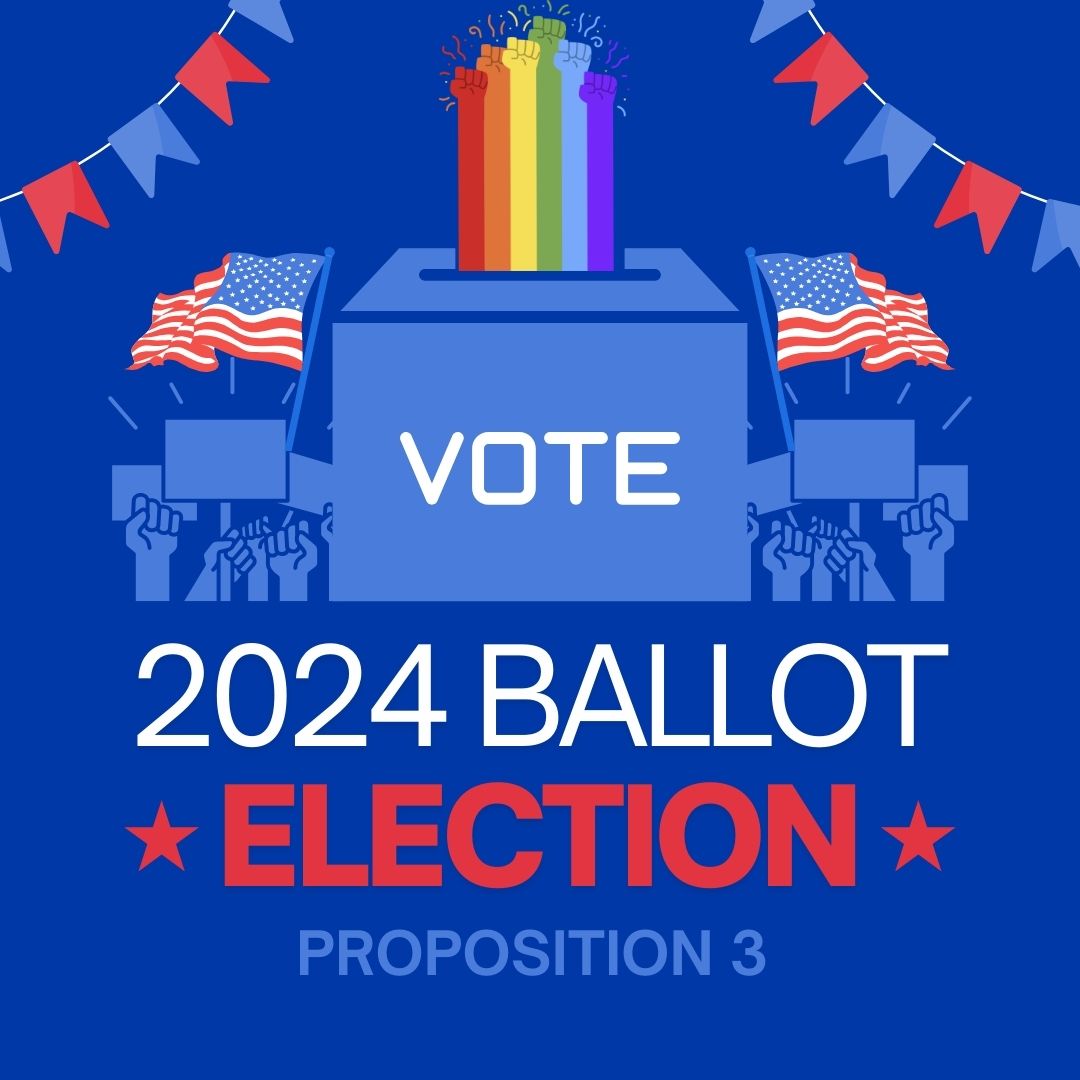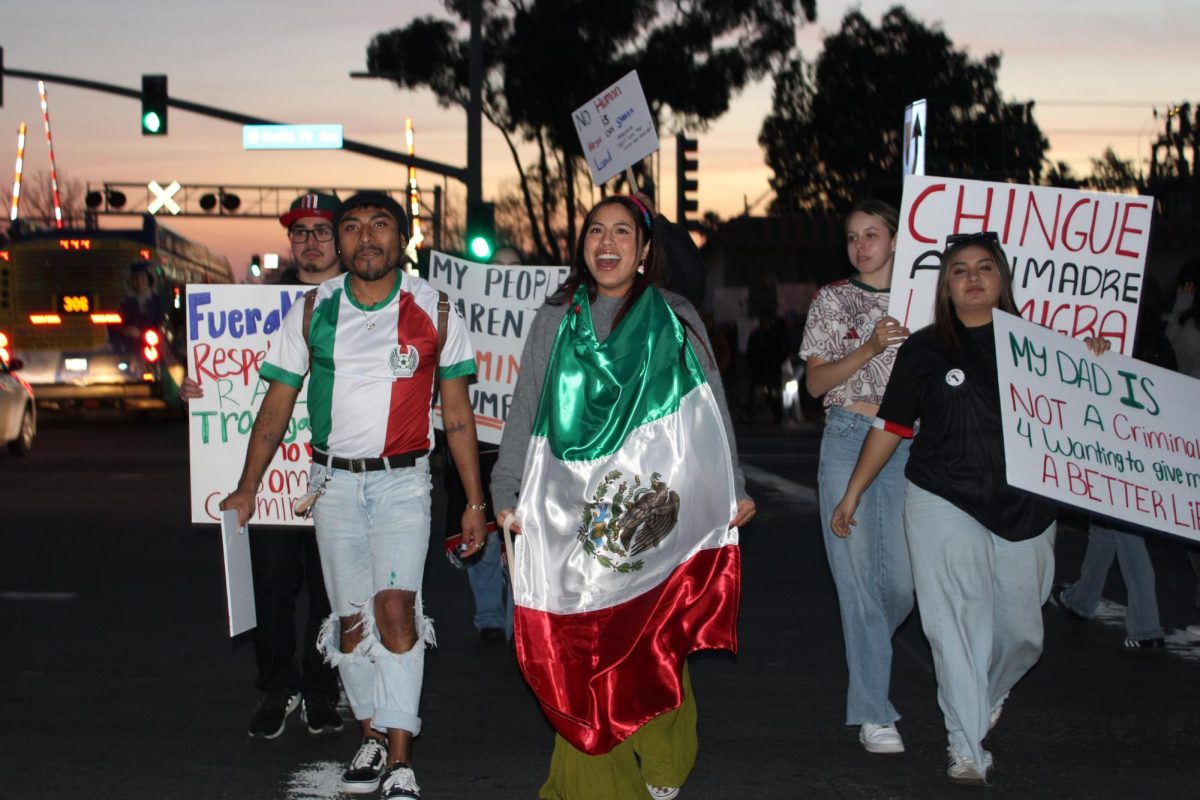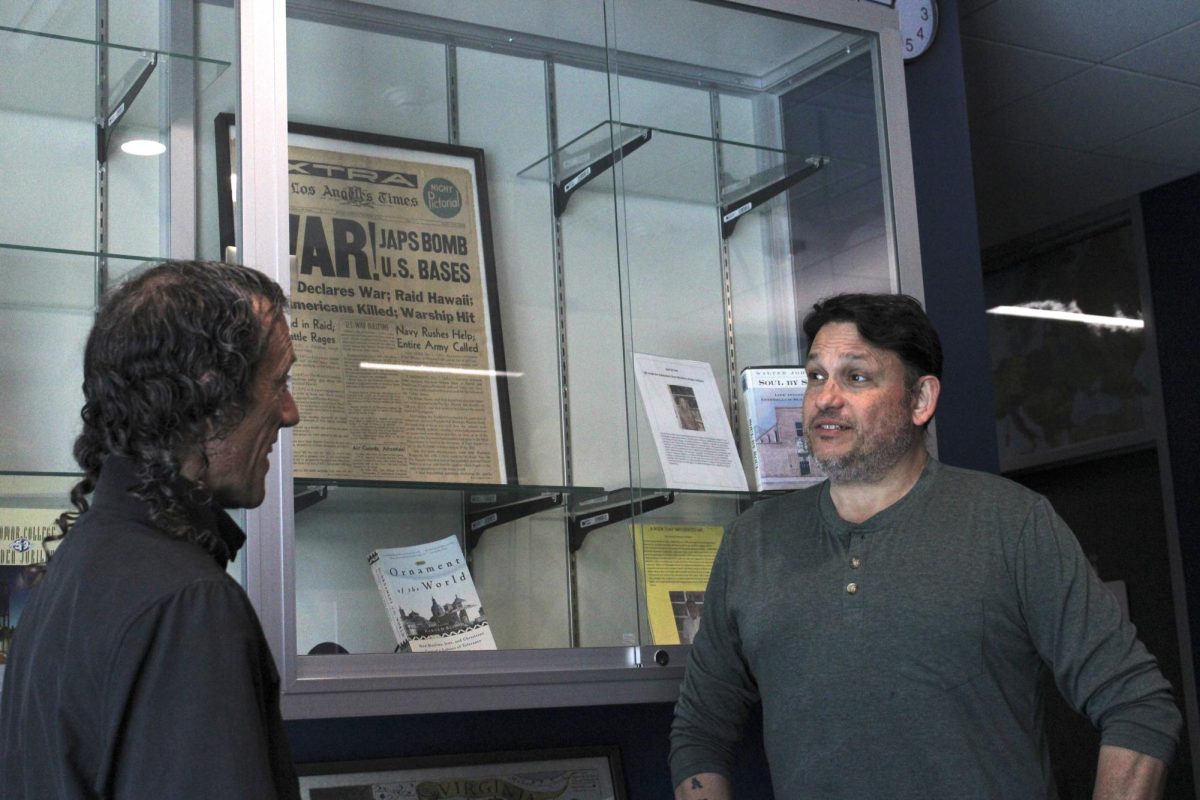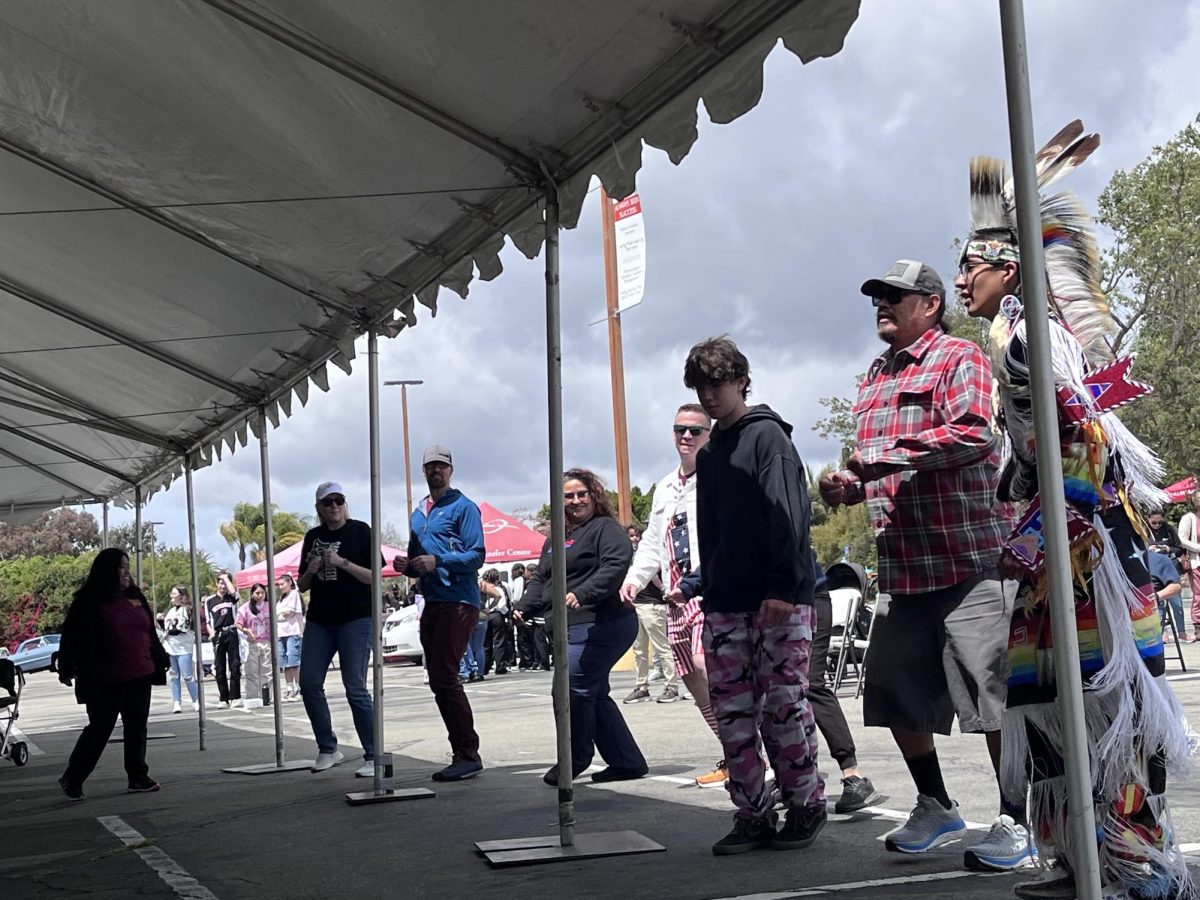SAN MARCOS – Voting yes to the proposition, the language in the constitution will be corrected to match the Federal language of who can currently marry. Those who support Proposition 3 protect Californians’ freedom to marriage by removing discriminatory language and reinforcing the state’s dedication to civil rights.
For many, Proposition 3 is an important ballot crucial to protection on same-sex marriage. Benjamin Mudgett, Palomar’s Pride Center Faculty Coordinator, expresses the significance of Proposition 3 and its impact on members of the LGBTQ+ community in California like himself.
“In this country, we’ve created a system where there’s all sorts of benefits that are included in marriage that impact people’s livelihoods,” Mudgett said.
Proposition 3 revises the California Constitution by using more inclusive language that acknowledges the right to marry regardless of race and sex. The 2015 U.S. Supreme Court case Obergefell v. Hodges legalized same-sex marriage in all 50 states, however, the current California Constitution states that marriage is between a man and woman only.
Aside from the updated written revision to California’s constitution, Proposition 3 would actively protect the rights of people who identify as LGBTQ+. Mudgett shares that certain financial protections and health benefits would be enforced.
For example, spouses of a same-sex marriage could be recognized as next of kin, allowing the individual to be notified of a patient’s hospitalization and give consent to procedures. This also ensures that assets are protected.
“We can rest comfortably knowing that our families are whole, which means that we can live our full authentic selves in a productive, happy way,” Mudgett said.
Conversely, voting no on Proposition 3 would not change language in the California Constitution. Opposers of Proposition 3 say that it eliminates all rules for marriage and creates opportunities for child marriages, incest, and polygamy, according to California’s Official Voter Information Guide. Individuals argue that the proposition is harmful to children and families.
A negative vote on Proposition 3 would lead to several uncertainties for the LGBTQ+ community. Mudgett explains that the benefits the proposition provides would be at risk and not accessible if same-sex marriage is not possible.
“We would not be protected at the state level,” Mudgett said.
In an unofficial vote count, Proposition 3 is expected to pass, allowing the California Constitution to be updated to coincide with what the federal government says on same-sex marriage. There is no fiscal effect since no changes in revenues or costs to state and local governments are being made.
Mudgett shared that he is excited for the future of families in California, and is hopeful that California’s vote on Proposition 3 will begin to set the pace for the rest of the country to follow.
“For the Palomar College Community, we can know that our families are protected and our students have a safe place to study and to thrive,” Mudgett said.














